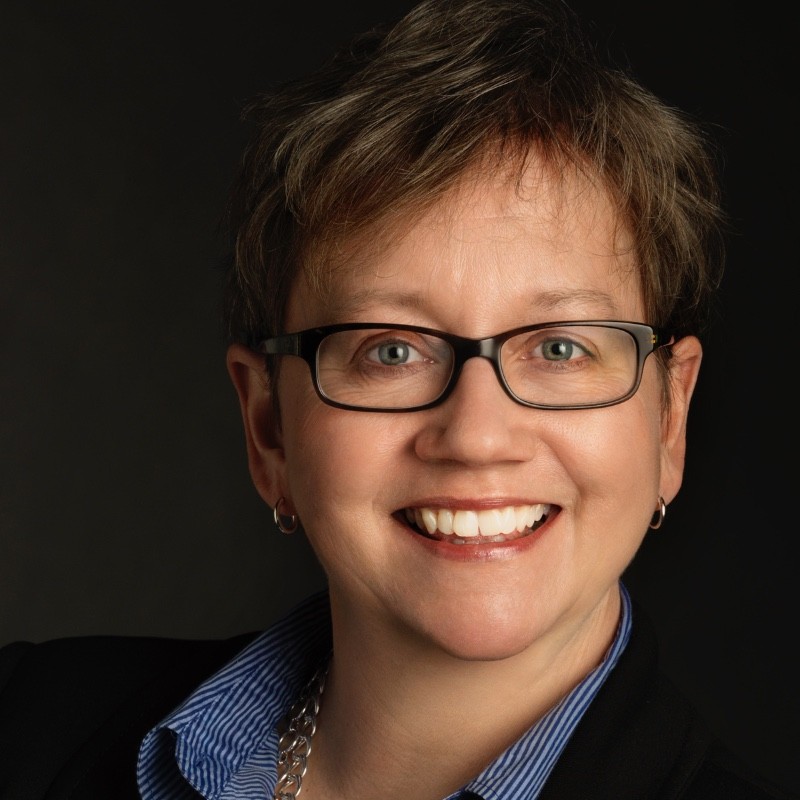Which Programming Role Is Right for You?
Robin Walters | October 15th, 2020

Picking the right job is scary. You have a lot riding on this decision. How can you know which developer job is the best fit for your skills, strengths, and interests?
If you’re new to programming, it’s hard to break into the field. The most common fear of junior developers is that they won’t find a job at all, let alone find one that will continue their education after bootcamp or school. Many times, these newbies are more worried about just finding their first professional work environment and are less worried about what kind of a fit it is. They just need a tech job.
It’s different for more experienced developers, who usually have the luxury of picking and choosing between job opportunities. This is true even when unemployment is high; experienced developers are almost always in-demand in a world where IT is at the forefront of everything. The dilemma for experienced devs is how to decide which programming role will meet their job criteria and be a better fit.
If you’re thinking about the next big step in your developer career, and have the luxury of selecting your best option, here are a few things to consider.
Is Just a J-o-b A-o-k-a-y?
Finding a job that fits your tech stack and pays a living wage are the basics of any IT job search. But it’s like eating a meal of just bread and water. It sustains life, but it may not be delicious.
It’s the intangible parts of a job and the work environment that turns the bread cheesy and the water into wine. That kind of meal can fulfill you in an entirely different way by making your j-o-b into a career that satisfies hunger and thirst beyond the physical need for sustenance.
There is no right or wrong answer, but if you’re searching for a new programming role, I suggest a little bit of internal review. Ask yourself what type of developer you are:
- Is programming a solid job that pays bills? Could you go to work each day and do the same thing over and over? Do you like the regularity and low drama of working on a steady stream of bug fixes or legacy platform code deployments?
- Or, is programming as much art as it is science? Do you view your code quality as an evolving craft that you’d like to improve? Do you derive pleasure from building new things? Is programming exciting and you can’t wait to see what’s next? Do you wake up and think, “What will I learn today?”
Like Saul Goodman says, “S’all good, man.”
These questions are meant to move you beyond the basic requirements of salary, title, and tech stack to get you thinking about “What would make me happy?” These days, if you have technical experience, you have options and should consider this question when you’re looking at a new job.
Are You a People Person?
At AWH there are two tracks for developers once they’ve evolved past what I call the “baby dev,” or more professionally, the junior developer phase:
- The first track is for those that want to evolve into senior level developers who function as part of a team. Some developers just like to code. They’re determined to perfect their code. Deep down they understand that frictionless world-changing algorithms are like aliens, unicorns, or Bigfoot; they exist, but you must find them.
(Scully, the truth is out there!) - The second track is for team leaders who handle a small group of developers as part of a software project. Team Leaders are senior-level developers who are comfortable with code, people, and processes. They are the natural leaders that other programmers gravitate towards.
While companies may not define themselves and their developer roles in this way, determining how much time you want to spend programming versus dealing with stakeholders, end-users, or other developers should be an important part of determining which programming role is right for you.
Ask yourself, are you a:
- Coding perfectionist that’s most comfortable solving problems on a screen without interruptions from pesky humans.
OR
- People person that loves solving team problems as much as troubleshooting code.
Both types of programmers have a place in modern software development. But you will be happier if you know where you fit best.
Going Beyond the Tech Stack or p→q
When you’re looking at a new job, environment is everything. I see developers looking closely at the tech stack in a company, how fast deployments are, and is the methodology Waterfall or Agile, more than they ask about the work environment. This is changing with millennials, thank goodness, but generally, more seasoned developers seem to have the vibe of, “I can work anywhere.” While that’s probably correct, from a tech perspective, I think it’s the work environment that can make a good job a great fit.
Try thinking about your job search as a kind of internal set of If-Then Statements. Maybe people are too messy to turn this process into individualized conditional statements. But maybe not.
I imagine it would look kind of like:
- If people annoy me, then I should avoid supervisory roles.
- If I like continually learning new things, then I should avoid legacy platforms.
- If I hate cleaning up other people’s messes, then I should look for a job where I deploy new features and new lines of code.
Again, this isn’t black and white because even if you’re working on a legacy platform, new technologies and integrations could require learning new ways to deploy old code. Or, you could get a job where you’re creating new features on a legacy platform.
The point is to remind you that finding the right programming role is about more than the technology stack. The soul searching necessary to find the right programming role should be about what is important to you both as a developer and as a person. Once you’ve established these parameters, you’ll have a much better shot at finding the right fit.
Here at AWH we are often expanding our team and looking for both junior developers and senior developers. We work on a wide variety of products from artificial intelligence to firmware and IoT. Check our job openings here! And if you’re not a developer, but a founder or innovation leader looking to build a digital product then start a conversation with us. We have over 25 years of experience building complex digital products, and we work with a wide variety of industries.
Works cited
“Saul Goodman.” Wikipedia, Wikimedia Foundation, 26 Sept. 2020, en.wikipedia.org/wiki/Saul_Goodman.
